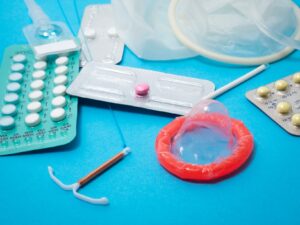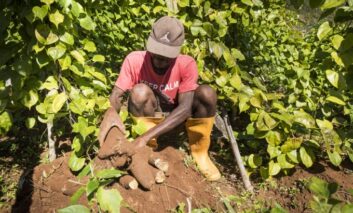NFPA and partner agencies airlifted more than 125 tonnes of life-saving supplies to earthquake-shattered parts of Haiti, part of the EU Humanitarian Air Bridge operation.
Besides more than 2,200 people reported to have been killed, more than 12,260 people were injured, and more than 650,000 people requiring humanitarian assistance – many of whom are women and girls of reproductive age caused by the 7.2-magnitude earthquake that struck the country’s southern region on 14 August, there is a urgent need for additional reproductive health care, maternal health services, family planning support, as well as protection from and treatment of rape.
Initial UNFPA estimates suggest that more than 22,000 women are expected to give birth in the next three months. Of these, around 3,700 will likely require Caesarean sections. And at least half of the available health facilities in affected areas have been damaged or destroyed, and many health personnel – including midwives – are themselves experiencing homelessness, trauma and loss.
A recent assessment performed by UNFPA found that a number of campsites lack sufficient lighting and sex-separated toilet facilities, leaving women and girls vulnerable to violence. Preliminary information shows that some 1,800 water and sanitation systems have been damaged, and lack of sanitation facilities has left some women reporting vaginal infections and other concerns.
UNFPA has also procured reproductive health kits to support safe childbirth for thousands of women, as well as supplies to support clinical management of rape and treatment of sexually transmitted diseases. UNFPA is also supporting survivors with psychosocial counselling and referrals to other appropriate services as gender-based violence is known to increase in humanitarian crises. “Women and girls are disproportionately affected during crises,” emphasized UNFPA Executive Director Dr. Natalia Kanem. “We will work with Government and local partners, and the international community, to ensure that their sexual and reproductive health and protection needs are prioritized and their safety and dignity preserved.”




